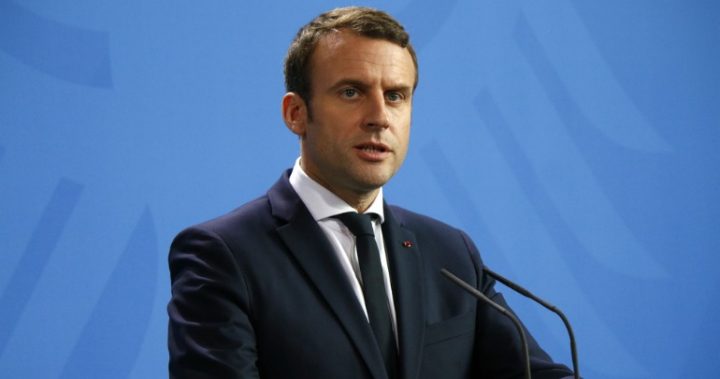The scary thing many world leaders have in common

The election of 39-year-old French President Emmanuel Macron in May this year drew much attention, not so much for his credentials behind this success, but more about him being married to a lady 24-years his senior and the history of their relationship. Whilst his wife has three adult children, he has no children.
Reflecting today’s progressive and open world society, despite this personal background that drew much international publicity, Macron took his newly established party (REM), in the June French Legislative Elections that immediately followed his election as President, into a winning governing alliance gaining 350 seats out of a possible 577 (60 per cent).
With France being one of the four largest countries making up the European Union, leaving aside the usual business qualifications normally sought in politicians to be suitable for a leadership role, would the personal background of Macron see him received as well within that organisation as had happened with the people of France?
An interesting trend has emerged in comparing personal backgrounds of those holding Head of State positions within the European Union with whom President Macron will be a fellow decision influencer.
Angela Merkel, German Chancellor elected November 2005
Married, has no children (her husband does have 2 adult children).
Mark Rutte, Netherlands Prime Minister elected October 2010
Not married, has no children.
Stefan Lofven, Swedish Prime Minister elected October 2014
Not married, has no children.
Jean-Claude Juncker, European Union President elected November 2014
Married, has no children.
Nicola Sturgeon, First Minister of Scotland elected November 14
Not married, has no children.
Paola Gentiloni, Italian Prime Minister elected December 2016
Not married, has no children.
Leo Varadka, Irish Prime Minister elected June 2017
Male Partner, has no children.
Ana Brnabic, Serbian Prime Minister elected June 2017
LGBT person, has no children.
Is the fact that all these leaders have no direct link to future generations of any concern?
Of course, each leader will have some contact through extended family of children and their needs and aspirations, however, with their personal circumstances and background somewhat skewed away from such family matters and concerns, what impact will there be?
The overall population of Germany, France, Britain, Italy, Netherlands and Sweden is in the vicinity of 300 million people where the total European Union population is around 550 million, so the influence of these leaders does have the potential to have a significant bearing on the decisions that will be made by the European Union, though this balance will experience some adjustment once the exit of Britain from the E.U. has been achieved.
In looking at the trend in Europe, perhaps it is appropriate to look at our Australian situation. Of our State and Territory leaders, NSW, Queensland, Tasmania and Northern Territory leaders have no children while Victoria, South Australia and West Australia have children. If the Federal leader is included, then it becomes a 4 – 4 situation. We still have a balance today. Food for thought.
Do you think this is cause for concern?









 Proudly Australian owned and operated
Proudly Australian owned and operated